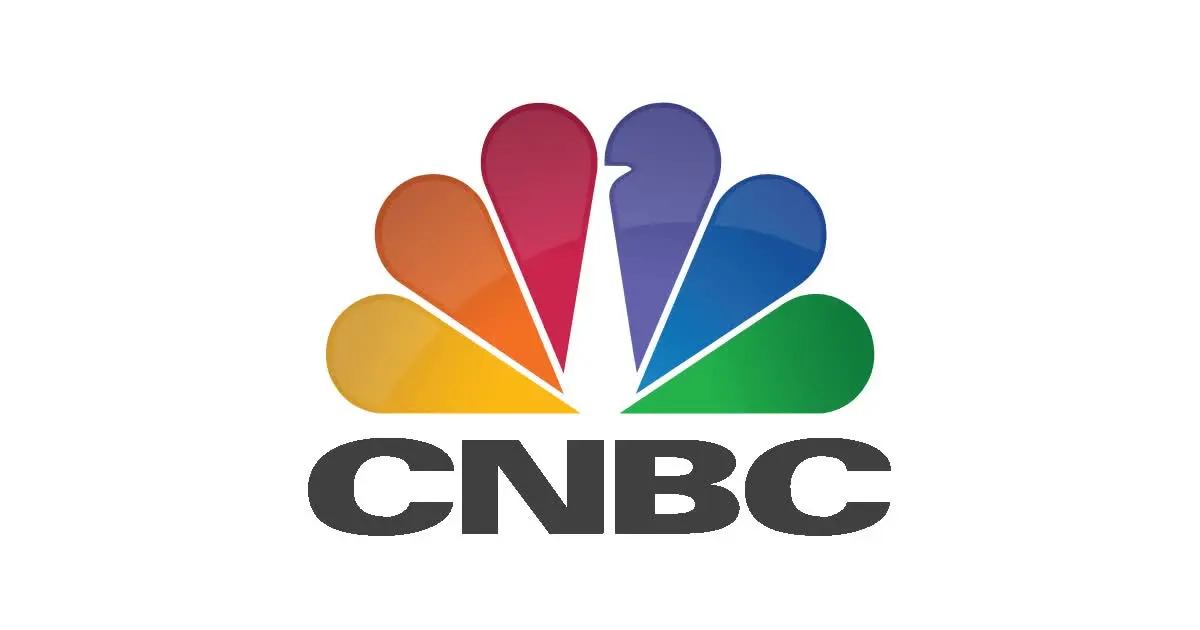Hollywood studios, writers near agreement to end strike, hope to finalize deal Thursday, sources say
Hollywood studios, writers near agreement to end strike, hope to finalize deal Thursday, sources say

www.cnbc.com
Hollywood studios, writers near agreement to end strike, hope to finalize deal Thursday, sources say
